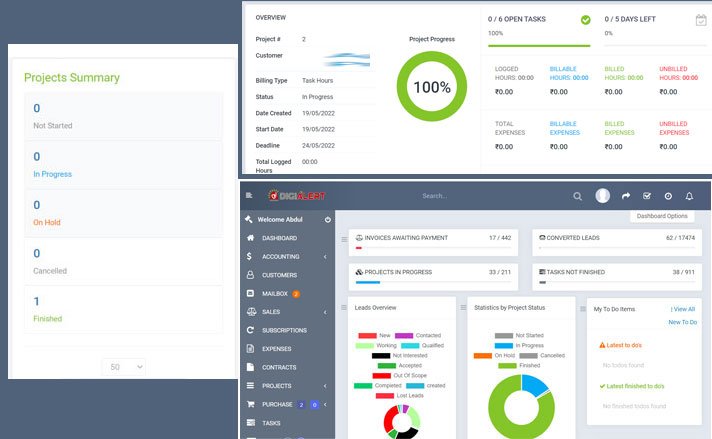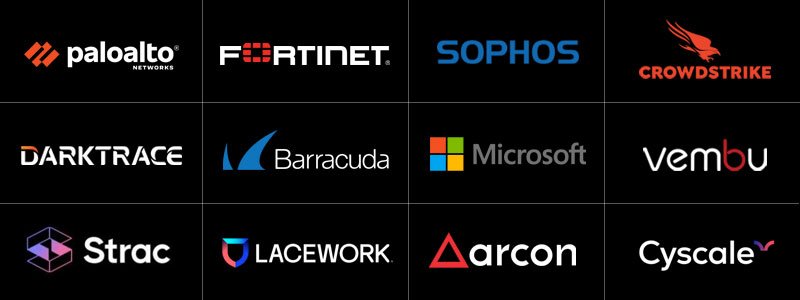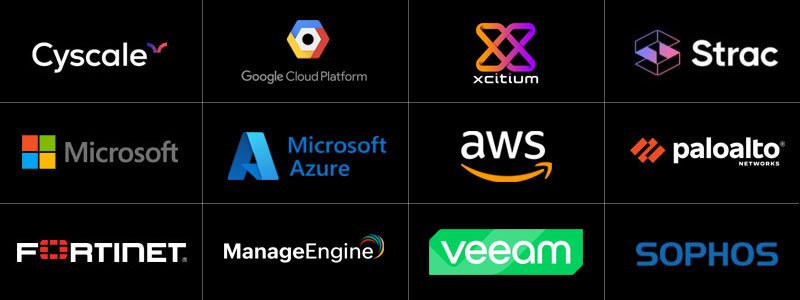Managed Security Service – Multi-Vendor Firewall Management
"Why do they call it a 'penetration test'? Because we're just trying to get in there, no strings attached."
"Why do they call it a 'penetration test'? Because we're just trying to get in there, no strings attached."
Multi-Vendor Firewall Management
Multi-vendor firewall management is a core service under Managed Security Services (MSS) that centralizes the monitoring, configuration, optimization, and auditing of firewalls from various vendors. In today's heterogeneous IT environments, organizations use firewalls from multiple providers such as Palo Alto, Fortinet, Check Point, Cisco, Juniper, Sophos, and others. Managing these diverse technologies requires deep expertise and consistent policy enforcement. Our service ensures seamless coordination across all firewall platforms, reduces misconfiguration risks, enforces consistent security policies, and helps organizations maintain regulatory compliance while improving operational efficiency and threat resilience.
WHAT IS
Multi-Vendor Firewall Management
Multi-vendor firewall management involves the centralized administration and security operations of different firewall technologies within an organization's IT infrastructure. It focuses on ensuring policy uniformity, efficient rule management, firmware upgrades, health monitoring, change control, log analysis, and continuous improvement across firewalls from different vendors. This service becomes crucial for businesses with complex network architectures or those undergoing mergers, expansions, or digital transformation. By leveraging advanced tools and skilled analysts, organizations can detect threats faster, reduce human error, and maintain high availability and strong perimeter defenses.
Speak to an expert
key features
Multi-Vendor Firewall Management
Unified Dashboard: A centralized interface for real-time visibility and management across all firewall brands.
Policy Harmonization: Standardized rules and configurations across multiple firewall vendors.
Change Management: Controlled updates and policy changes with approval workflows and rollback options.
24/7 Monitoring: Continuous health, uptime, and log monitoring with alerting and incident response.
Threat Intelligence Integration: Enrichment of firewall rules with threat feeds for proactive defense.
Compliance Audits: Regular reviews for compliance with ISO 27001, PCI-DSS, HIPAA, GDPR, etc.
Performance Optimization: Rule tuning, redundancy validation, and bandwidth management.
Patch and Firmware Management: Regular updates to eliminate vulnerabilities and enhance stability.
Backup and Restore: Configuration backups for fast recovery in case of failure or compromise.
Reporting and Analytics: Comprehensive reports on rule usage, threats, anomalies, and performance.
Types of
multi-vendor firewall management
- Basic Management: Monitoring and rule management for a single vendor firewall.
- Advanced Multi-Vendor Management: Integration and management of firewalls from various OEMs.
- Policy Optimization Service: Fine-tuning policies to eliminate redundancy, shadow rules, or conflicts.
- Change and Configuration Management: Documented and controlled firewall changes.
- Incident Handling Support: Immediate response to alerts triggered by firewall activities.
- Cloud Firewall Management: Handling cloud-native firewall controls from providers like AWS, Azure, and GCP.
- Zero Trust and Microsegmentation Firewalling: Configuration support for modern architectures.
Statistics on
Multi-Vendor Firewall Management
68% of enterprises use two or more firewall vendors in their networks. (Gartner, 2023)
90% of firewall breaches are due to misconfigurations rather than vulnerabilities.
30+ hours/month is spent manually managing firewall rules in enterprises with large networks.
Organizations with centralized firewall management report a 60% improvement in response time to threats.
75% of security leaders cite firewall complexity as a major operational challenge.
Proper firewall optimization can reduce network latency by 15-20%.
MSSP-led firewall management helps reduce audit preparation time by 40%.
Speak to an expert
How do we do
multi-vendor firewall management
At digiALERT, we follow a strategic process to deliver effective multi-vendor firewall management:
- Discovery & Baseline Mapping: Inventory all firewall devices, vendors, and existing policies.
- Standardization: Create a unified policy framework tailored to your risk appetite and regulatory needs.
- Tool Integration: Implement SIEM, SOAR, and firewall orchestration platforms to streamline visibility and automation.
- Real-Time Monitoring: Monitor firewall health, logs, and threat events 24/7.
- Policy Lifecycle Management: Evaluate, approve, implement, and review firewall rules on a continuous basis.
- Optimization and Tuning: Remove redundant or unused rules and ensure high performance.
- Reporting & Compliance Audits: Generate periodic reports and conduct technical reviews to ensure alignment with standards.
Why It Matters & Who Needs It
Why Managed Multi-Vendor Firewall Management?
- Reduces complexity in hybrid IT environments.
- Prevents misconfigurations and strengthens perimeter defenses.
- Accelerates threat detection and incident response.
- Improves network performance and availability.
- Minimizes manual effort and ensures business continuity.
Who Needs This Service?
- Enterprises Using Multi-Vendor Setups: Organizations that have firewalls from different OEMs.
- Merger & Acquisition-Driven Companies: Businesses integrating diverse network infrastructures.
- Financial, Healthcare, Government: Industries requiring high assurance and regulatory compliance.
- Cloud-First Enterprises: Those relying on cloud and on-prem firewall protection.
- SMEs with Limited Security Teams: Need expert handling without full-time internal staff.
- Service Providers: MSPs or ISPs requiring centralized firewall administration for clients.
How often is Multi-Vendor Firewall Management
When it would be performed
Firewall management is a continuous operation. At digiALERT, we recommend:
Daily Monitoring: Log events, system health, and real-time threats.
Weekly Rule Review: Validate changes, anomalies, and unused rules.
Monthly Patch Management: Apply firmware updates and verify compatibility.
Quarterly Compliance Audits: Ensure policies align with security frameworks.
Biannual Optimization Review: Reassess configurations based on threat intelligence and usage patterns.
Daily Monitoring: Log events, system health, and real-time threats.
Weekly Rule Review: Validate changes, anomalies, and unused rules.
Monthly Patch Management: Apply firmware updates and verify compatibility.
Quarterly Compliance Audits: Ensure policies align with security frameworks.
Biannual Optimization Review: Reassess configurations based on threat intelligence and usage patterns.
Speak to an expert
How are we
unique
- 24x7 Firewall Monitoring and Alerting
- Rulebase Cleanup and Optimization
- Policy Management and Change Control
- Multi-Vendor Support (Palo Alto, Fortinet, Cisco, etc.)
- Firewall Performance Tuning
- Health and Availability Monitoring
- Configuration Backup and Restoration
- Firmware and Patch Management
- Compliance Gap Analysis and Remediation
- Cloud Firewall and Hybrid Management
- Zero Trust Firewall Configuration Support
Meet Our Partners
Digialert proudly collaborates with high-level partners to deliver top-tier solutions.
Our Clients
We Are Trusted Worldwide Peoples
We offer a range of cyber security services, including consulting, training, deployment, implementation, and monitoring. Our services are designed to help organizations secure their networks and systems, and build a strong security culture. We have expertise in a variety of industries, including Banking-Finance-Insurance, IT and Consulting, Telecommunications, Research & Development and Government.













